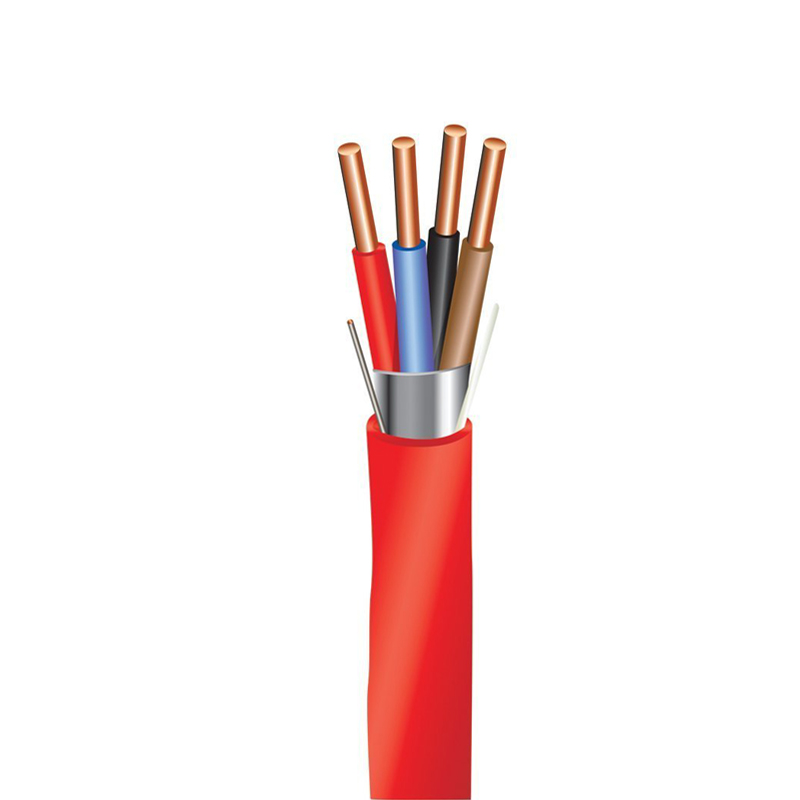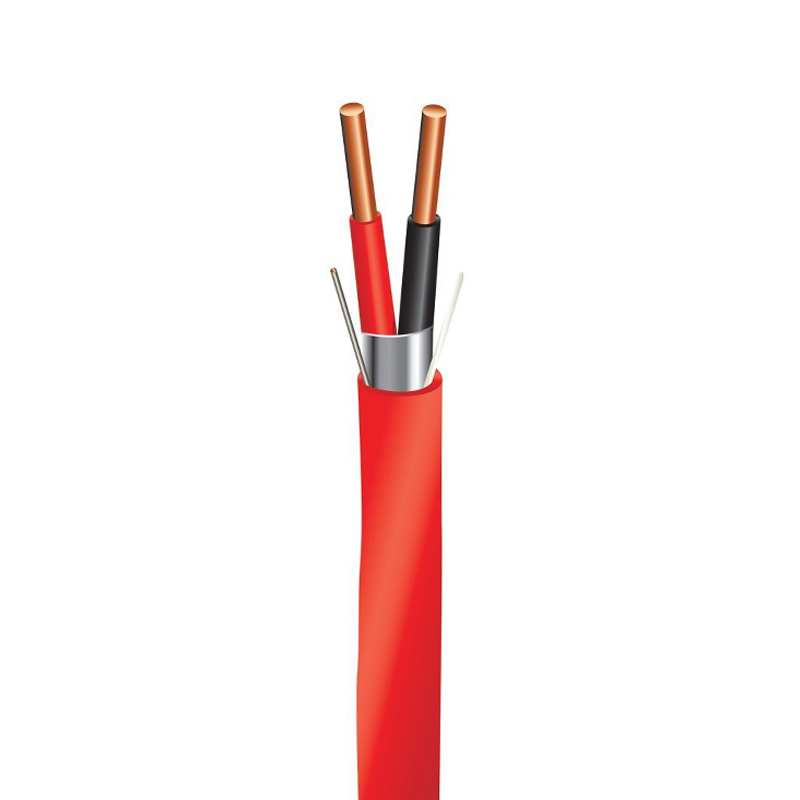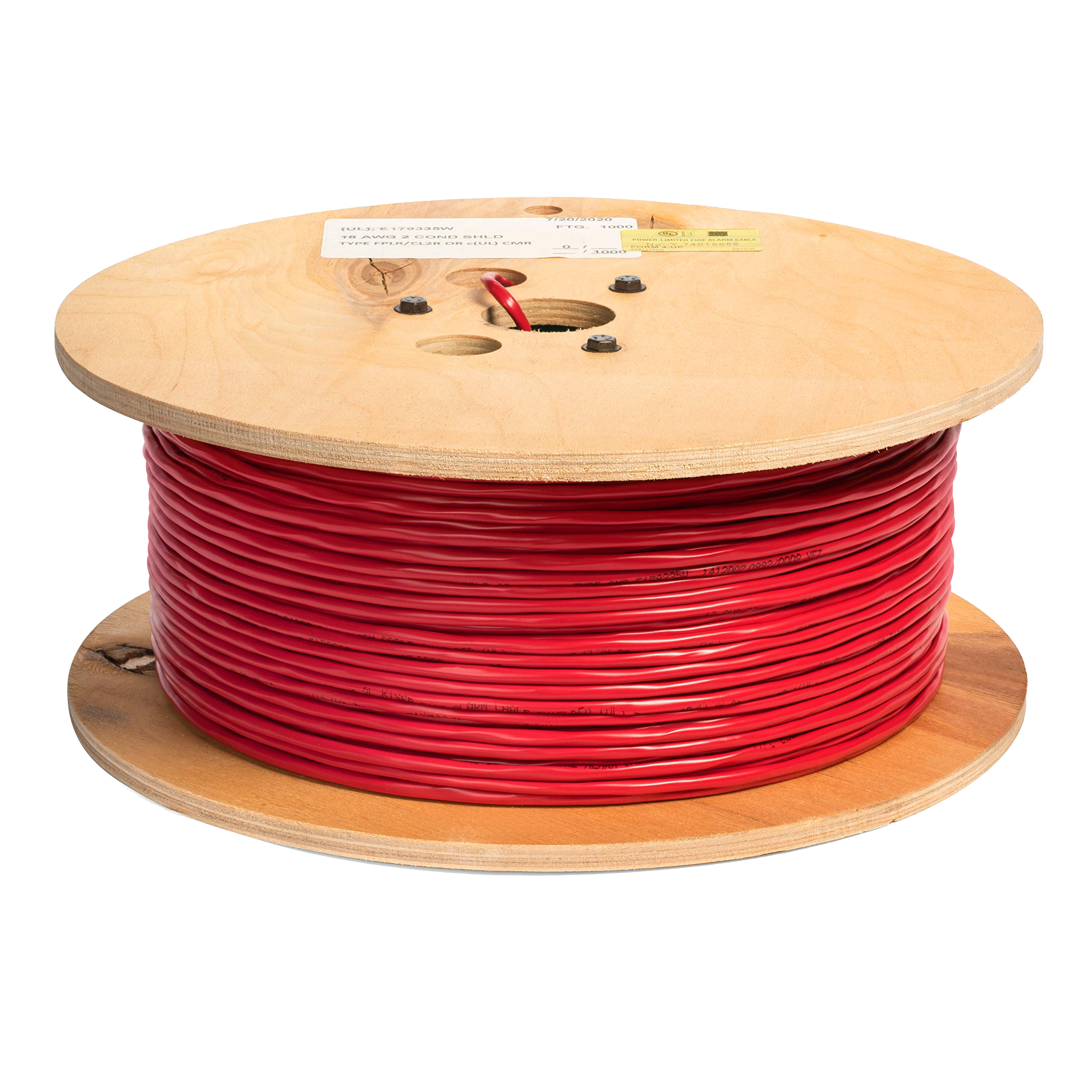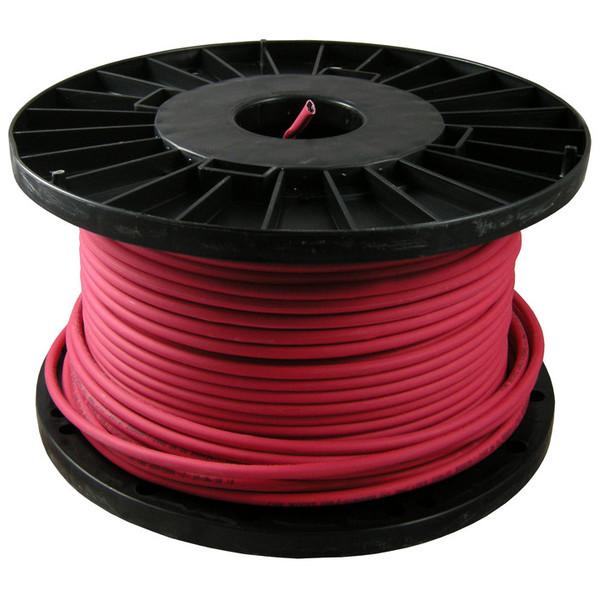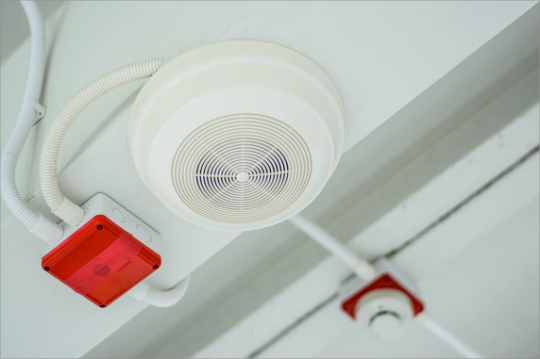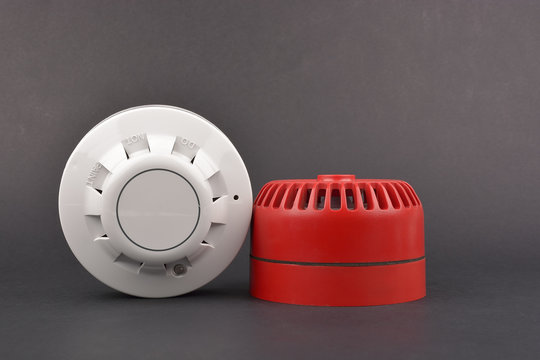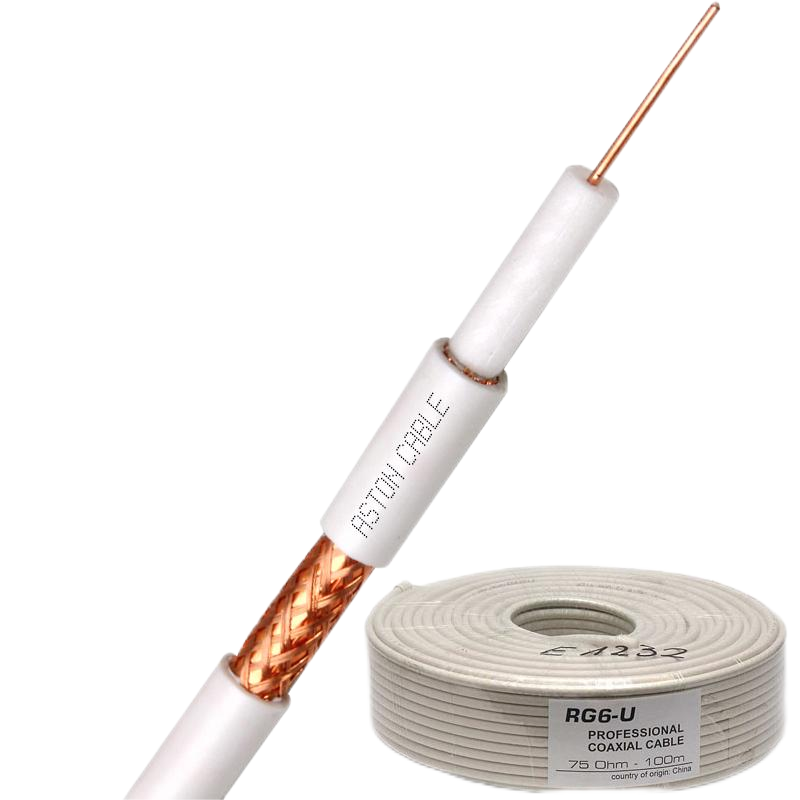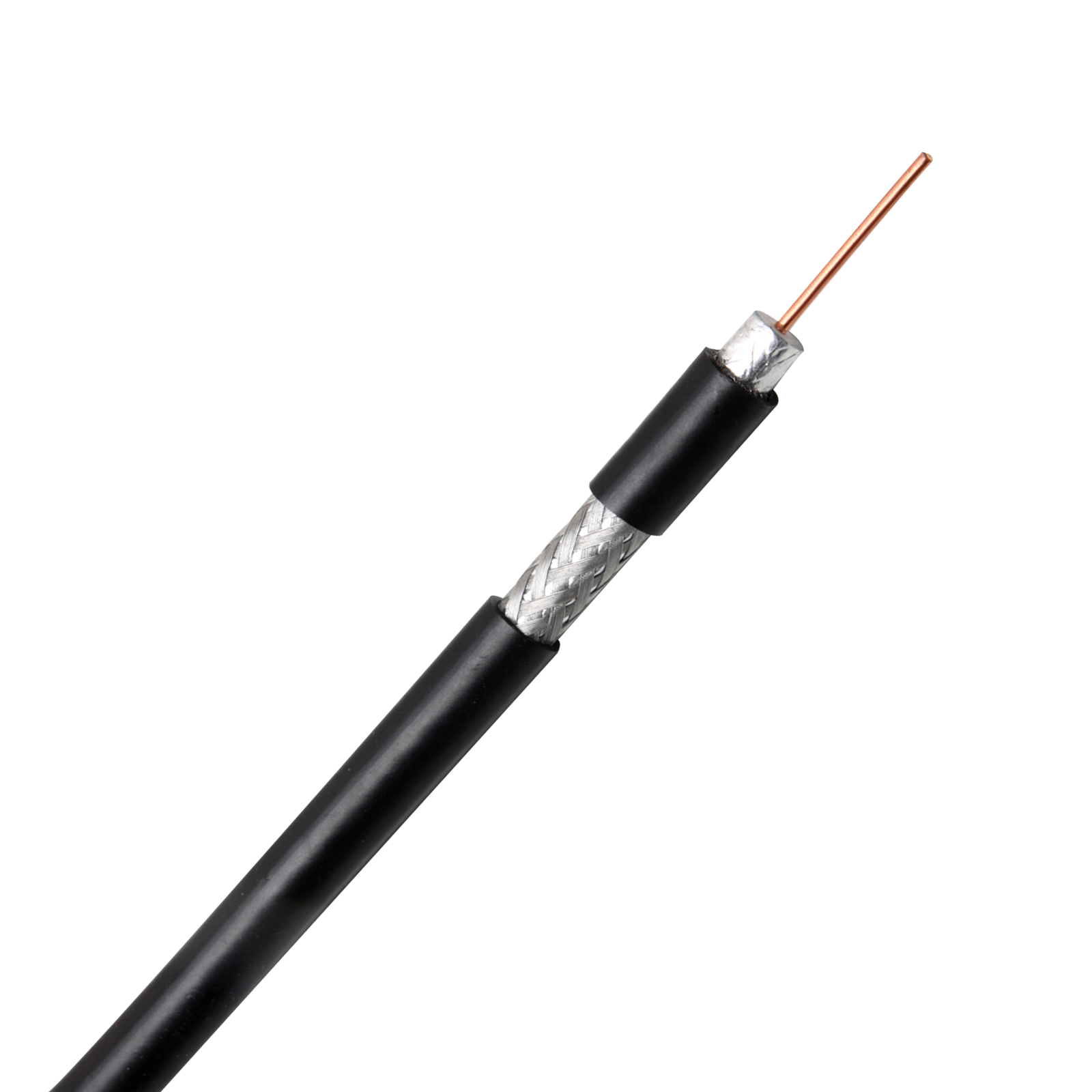Product Details
| Specification | Details |
|---|---|
| Conductor | Solid bare copper |
| Insulation | 18-16AWG, 14-12AWG |
| Jacket | Low smoke PVC |
| Shield | Aluminum Mylar |
| Voltage Rating | 300V |
| Temperature Rating | -5℃ to 75℃ |
| Drain Wire | 24 AWG |
Common Product Specifications
| Specification | Details |
|---|---|
| Place of Origin | China |
| Brand Name | ASTON or OEM |
| Certification | SGS CE ROHS ISO9001 |
| Daily Output | 200KM |
| Minimum Order Quantity | 30km |
| Supply Ability | 25000KM/Per year |
| Delivery Port | Ningbo |
Product Manufacturing Process
Our cable for fire alarm systems undergoes a meticulous manufacturing process to ensure safety and efficiency. The process starts with the selection of high-purity copper for the conductors, which are essential for maintaining consistent signal transmission. The conductors are then insulated using materials that offer excellent thermal and electrical properties. The cables are shielded with aluminum mylar to protect against electromagnetic interference, ensuring that signals are transmitted reliably even in environments with significant electronic noise. The choice of low smoke PVC for the jacketing further enhances safety, as it minimizes smoke and toxic fumes in case of a fire. Comprehensive testing is conducted at each stage of production to maintain compliance with international safety standards, ensuring the cables' performance in crucial applications.
Product Application Scenarios
Cable for fire alarm systems is critically used in public safety infrastructure. They serve as the backbone in fire alarm systems installed in high-density environments such as shopping malls, airports, and underground train stations, where rapid evacuation is necessary in case of emergencies. The cable's fire-resistant properties ensure that even during a fire, the system remains functional, allowing for continuous monitoring and alerting. In industrial facilities, these cables are used to connect multiple fire sensors and alarms across large areas, ensuring timely response to fire incidents. The cables are also employed in multi-story buildings where maintaining communication between various levels of the fire detection system is essential for coordinated evacuation procedures.
Product After-Sales Service
- Comprehensive warranty covering manufacturing defects.
- Technical support available 24/7 for installation and troubleshooting.
- Regular updates on product enhancements and safety standards.
- Replacement guarantee for any damaged or defective products received.
- Dedicated customer service team for handling inquiries and complaints.
Product Transportation
Our cables for fire alarm systems are securely packaged for transportation to ensure they arrive in perfect condition. Packaging is designed to protect against moisture and physical damage. We partner with reliable logistics providers to offer timely delivery, with tracking available for all shipments to keep you updated on your order's progress. We ensure compliance with international shipping regulations, facilitating hassle-free customs clearance.
Product Advantages
- Compliance with international standards ensures safety and reliability.
- Fire-resistant properties crucial for maintaining system functionality.
- High-quality materials used in manufacturing enhance product durability.
- Customizable options available for different application needs.
- Comprehensive testing ensures product performance under stress conditions.
Product FAQ
- What certifications do your cables hold?
Our cables comply with international safety standards and have certifications from SGS, CE, ROHS, and ISO9001, ensuring they meet regulatory requirements for fire safety and environmental impact.
- Can the cable withstand high temperatures?
Yes, our cables are designed with fire-resistant materials that allow them to maintain functionality and integrity in high-temperature environments, crucial for emergency situations in fire-prone areas.
- What is the minimum order quantity for wholesale?
The minimum order quantity for our wholesale cable for fire alarm systems is 30 kilometers. We offer competitive pricing for bulk orders to accommodate large scale projects.
- Are these cables suitable for outdoor use?
While primarily designed for indoor use, the cables can be customized with additional protective coatings for outdoor installations, provided they adhere to specific installation guidelines to maintain performance and safety.
- How often should the cables be tested?
It's recommended to conduct regular testing, at least annually, to ensure the integrity and performance of the fire alarm system cables, checking for physical damage, connectivity, and insulation resistance.
- Can I use these cables for other types of alarms?
Yes, our cables are versatile and can be used for a variety of alarm systems including burglar and security alarms, provided they meet the necessary voltage and current requirements for the system.
- Do you offer customization options?
We offer a range of customization options, from conductor size to jacket type and color, to meet specific project requirements. Contact our sales team for more details on customization.
- What materials are used in the cables?
The cables are constructed using solid bare copper for the conductor, low smoke PVC for the jacket, and aluminum mylar for shielding, ensuring durability and performance in critical applications.
- What are the shipping terms?
We provide FOB shipping terms from Ningbo port, with delivery times dependent on destination and order size. Contact us for more details on shipping options and estimated delivery times.
- Is technical support available post-purchase?
Yes, we offer comprehensive technical support post-purchase to assist with installation, troubleshooting, and any technical inquiries you may have regarding our cables for fire alarm systems.
Product Hot Topics
- Ensuring Safety with Fire-Resistant Cables in Alarm Systems
Using fire-resistant cables for alarm systems significantly enhances the safety and reliability of these systems during emergency situations. These cables are engineered to maintain their structural and functional integrity even under extreme conditions, ensuring that communication between detection devices and central control systems remains uninterrupted. This is crucial in preventing failure of alarm systems in critical moments when immediate alerts and responses are necessary to protect lives and property. Wholesale options provide a cost-effective solution for large installations requiring significant lengths of cable, making them an attractive option for builders and safety engineers.
- The Role of Low Smoke Zero Halogen Cables in Public Safety
Low Smoke Zero Halogen (LSZH) cables play a pivotal role in public safety infrastructures such as fire alarm systems. During a fire, traditional cables can emit harmful smoke and toxic fumes that pose severe risks to human health and hinder evacuation efforts. LSZH cables, however, are designed to reduce smoke and eliminate halogen emissions, creating a safer environment. This innovation has made LSZH cables a standard choice in modern building designs, particularly in highly populated or enclosed spaces. Their wholesale availability allows for widespread adoption, supporting compliance with stringent safety regulations.
- Understanding the Importance of Cable Shielding in Alarm Systems
Cable shielding is essential in alarm systems to protect against electromagnetic interference (EMI), which can disrupt signal transmission. Shielded cables, typically using materials like aluminum mylar, prevent EMI from impacting the cables' performance. This is particularly important in environments with multiple electronic devices or large electromagnetic fields, such as hospitals or industrial facilities. By ensuring uninterrupted communication paths, shielded cables enhance the reliability of alarm systems. For bulk installers, sourcing wholesale cable for fire alarm systems with high-quality shielding is a strategic investment in system performance and safety.
- Optimizing Installation of Fire Alarm Cables for Maximum Efficiency
Proper installation of fire alarm cables is crucial for maximizing the efficiency and reliability of alarm systems. This includes routing cables to avoid potential damage, properly supporting them along their lengths, and segregating them from high-voltage cables to prevent interference. Additionally, comprehensive testing during and after installation helps verify that cables are functioning correctly. For large-scale installations, wholesale cable options allow for cost-effective procurement without sacrificing quality. Adhering to installation guidelines not only ensures compliance with safety standards but also enhances system longevity and performance.
- The Economic Benefits of Purchasing Wholesale Fire Alarm Cables
Purchasing fire alarm cables wholesale offers significant economic benefits for contractors and businesses involved in large construction or renovation projects. Bulk purchasing reduces the unit cost, making it a cost-effective option for obtaining high-quality cables. This approach also ensures consistency in product specifications, crucial for meeting safety and performance standards across large installations. Furthermore, wholesale options often come with additional perks such as extended warranties and better customer support, providing added assurance and value for investment.
- Navigating Certifications for Fire Alarm System Components
Understanding the various certifications and standards for fire alarm system components, including cables, is vital for ensuring compliance and reliability. Certifications such as CE, ROHS, and ISO9001 indicate that the product meets international safety, environmental, and quality management standards. By selecting certified cables, installers and builders can ensure that their systems adhere to legal requirements and best practices, minimizing liability and enhancing safety. Wholesale suppliers often provide comprehensive documentation on these certifications, facilitating informed purchasing decisions.
- The Advancements in Fire Alarm Cable Technologies
Recent advancements in fire alarm cable technologies have focused on improving safety and performance. Innovations such as enhanced insulation materials, improved shielding techniques, and the development of advanced composite cables have all contributed to more reliable systems. These advancements allow for better heat resistance, reduced signal degradation, and enhanced durability in adverse conditions. For companies looking to integrate the latest technology into their safety systems, wholesale suppliers can provide access to cutting-edge cable options, ensuring modern standards are met.
- The Impact of Environmental Factors on Cable Durability
Environmental factors such as temperature fluctuations, humidity, and chemical exposure can significantly impact the durability and performance of fire alarm cables. Cables designed with robust insulation materials and protective coatings are better equipped to withstand these challenges, maintaining their integrity over time. Understanding these environmental impacts is crucial for selecting the right type of cable for specific applications, ensuring long-term reliability. Wholesale cable options offer a range of materials and specifications to meet diverse environmental needs and installation conditions.
- Selecting the Right Cable Type for Fire Alarm Systems
Choosing the appropriate cable type for fire alarm systems depends on the specific application requirements and environmental conditions. Options range from shielded to unshielded, twisted pair to fiber optic, each offering unique benefits. For example, shielded cables are ideal for environments with high EMI, while fiber optic cables are suitable for long-distance data transmission. Wholesale suppliers provide a variety of cable types, enabling tailored solutions for each project. Understanding the advantages and limitations of each can aid in selecting the most effective and reliable cable solution.
- The Role of Regular Maintenance in Alarm System Reliability
Regular maintenance is crucial for ensuring the reliability and effectiveness of fire alarm systems. This includes periodic testing of cables and connections to identify potential issues before they affect system performance. Maintenance activities should involve checking for physical damage, verifying signal continuity, and ensuring that insulation quality remains intact. By routinely maintaining the cables and other components, property owners can prevent unexpected failures, enhancing safety and compliance. Wholesale cable purchases often include maintenance guidelines and support services, helping customers maintain optimal system function over time.
Image Description
